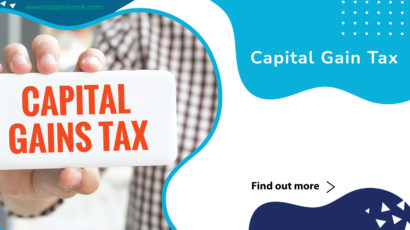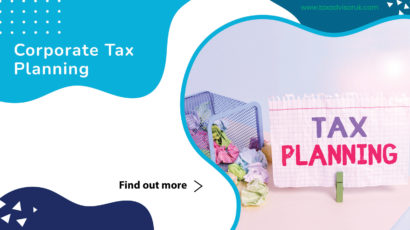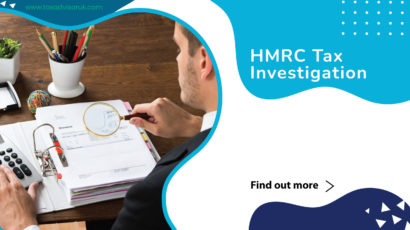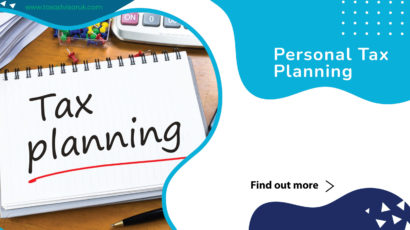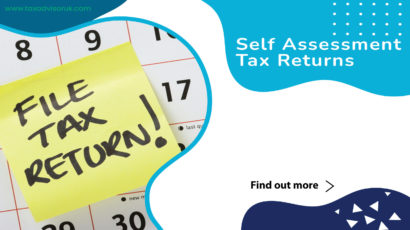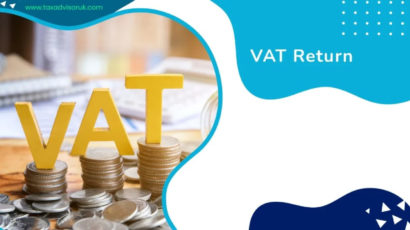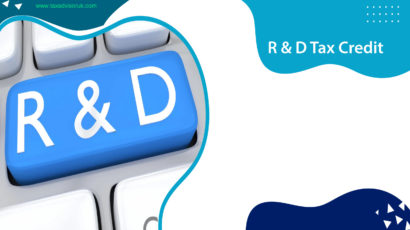If you own and operate a limited company, you must pay corporation tax. Because the rules can be complicated, understanding them is critical in order to avoid a penalty. You’ll learn everything you need to know about corporate tax rates and deadlines in our comprehensive guide.
What is the meaning of company tax?
Corporation tax is paid by UK limited companies and a variety of other organisations on their annual taxable profits.
Profits that are taxable include:
- Investing profits from business
- Investment
- Selling your company’s assets for a taxable profit, such as property, equipment, machinery, land, and stock
Because there is no limit for corporation tax, a company must begin paying it as soon as it generates a profit.
In the United Kingdom, the main rate of corporation tax for limited companies and non – corporate organisations is now 19%.
HMRC defines ring wall companies as businesses “engaged in the exploration for, and production of, oil and gas in the UK and on the UK continental shelf.”
Companies with taxable profits of less than £300,000 pay a 19% corporation tax rate, while those with profits greater than £300,000 pay a 30% rate.
Because corporations do not receive tax bills, it is your responsibility to ensure that your corporation pays the required tax by the due date.
Who is responsible for company tax?
Corporation tax applies to the following:
- Limited liability corporations in the United Kingdom
- A foreign company’s UK branch or office
- Community groups, sports clubs, housing associations, and cooperatives are examples of unincorporated associations.
What is the formula for calculating company tax?
The amount of corporation tax a company must pay is determined by its taxable profits. Businesses must also tax investment income and gains.
A trading profit is achieved when a company’s trading income exceeds its trading expenses. To determine the profit or loss, you first examine the company’s accounting profit or loss figure.
The total must then be adjusted for tax purposes. This is because an accounting profit or loss does not equal what is taxed. Certain expenses are not taxable, but there may be other deductions available.
Tax reductions that are commonly disallowed include depreciation on capital assets and company entertainment expenses.
Tax changes that result from qualifying capital investment or R&D tax credits are examples of permissible taxation.
If the corporation’s income exceeds its adjusted trading expenses, it will make a taxable profit.
Investing in capital
When a corporation charges capital expenses, they are not deducted from trading earnings. Instead, as a type of relief, a company may be eligible for capital allowances on qualifying expenses.
Companies that claim the Annual Investment Allowance (AIA) may be able to deduct 100 percent of their costs from their business profits, but there is a limit. The previous limit was £200,000, but in January 2019, it was raised to £1,000,000.
Certain expenses qualify for full first-year allowances (FYAs) and are not subject to the AIA cap.
Otherwise, depending on the asset, a company may be able to claim capital allowances at lower rates of 18% or 6%.
For a limited time, a new ‘Super Deduction’ tax relief provides additional tax savings on certain plant and machinery purchases. For eligible capital expenditures incurred between April 1, 2021 and March 31, 2023, businesses can claim the following:
a 130% super-deduction on most new plant and machinery purchases that would otherwise be eligible for 18% main rate writing down allowances
a 50 percent first-year allowance on most new plant and machinery investments that would otherwise be eligible for 6% special rate writing down allowances.
As a result, determining whether an expense qualifies and at what rate is difficult. Before charging a cost, always double-check that the deduction will be allowed and that the expense will result in a tax savings.
What is the procedure for registering for corporate tax?
HM Revenue and Customs requires a company to register for corporation tax (HMRC). Buying, selling, advertising, hiring someone, and renting a property are all examples of starting a business.’
In order for your company to prepare and file an appropriate corporate tax return and pay the correct amount of corporation tax, you must keep sufficient business records.
When do you have to file a business tax return?
To calculate your business’s tax bill, you must file a corporate tax return. You must submit a CT600 form detailing your profit and earnings, as well as the allowances and reliefs you’ve received and your tax computations.
If you receive a ‘notice to deliver a business tax return’ (CT603) from HMRC, you have 12 months from the end of the accounting period to file the tax return. This is usually the same as the financial year covered by your annual accounts, but it may be different in some cases. When you first begin trading, you may have two accounting periods, which means you must file two company tax returns.
Even if you have a loss or no corporation tax to pay, you must file a return.
In addition, you must register your company with Company Accounts.
If you manage a private limited company that does not require an auditor, you may be able to file your company tax return to HMRC and your company accounts to Companies House at the same time.
What is the procedure for paying company tax?
The deadline for paying corporation tax is determined by the amount of taxable profits and your accounting period.
You can pay company tax in a variety of ways, including online:
| Payment | Payment speed |
| Faster payments (online or telephone) | Same or next working day |
| CHAPS | Same or next working day |
| Bacs | Three working days |
| Direct Debit (if previously set up) | Three working days |
| Debit or corporate credit card | Three working days |
| Bank or building society | Three working days |
| Direct Debit (if not previously set up) | Five working days |
Which member of staff is in charge of paying Corporation Tax?
A corporation’s directors are legally responsible for ensuring that company tax returns are filed on time and that corporation tax is paid on time.
Although you can hire an accountant to write your tax return and provide tax planning advice, the company directors are still responsible for the tax return.
Tax deadlines for corporations
A company’s tax return must be filed one year after the end of the accounting period it covers.
The tax has a separate deadline, which is usually 9 months and one day after the accounting period ends.
If your taxable profits are more than £1.5 million, you must pay corporation tax in instalments. Corporation tax is generally paid in four quarterly instalments for 12-month accounting periods, with two due before the end of the accounting period. Businesses with profits of more than £20 million are subject to different laws.
Penalties for corporations
The following penalties apply if you file a late corporate tax return:
- £100 if you’re a day late.
- Another £100 if you’re three months late.
- Late by six months: Your corporation’s tax debt will be estimated, and you’ll be charged a penalty of 10% of the unpaid tax.
- Another ten percent of unpaid tax if you’re a year late.
HMRC also increases the £100 fines to £500 if your tax return is late three times in a row.
You will be penalised if you file an incorrect business tax return. The amount you must pay is determined by:
- whether HMRC determines the error was careless but not intentional, forceful but not concealed, or intentional but not concealed
- whether you notify HMRC about the mistakes before or after they discover it.
- whether you notify HMRC about the mistakes before they discover it (‘unprompted disclosure’) or after they discover it (‘prompted disclosure’)
If you fail to notify HMRC that your firm is subject to corporation tax, you will face penalties. The following are the penalties:
- 30 percent of your tax bill is unintentional.
- 70 percent of your tax bill is deliberate, but not hidden.
- 100% of your tax bill is hidden and deliberate.
The entire list of penalties can be seen on the HMRC website.
How the corporate tax rate will rise
Chancellor Rishi Sunak announced an increase in corporation tax during his March 2021 Budget statement.
Businesses with profits of more than £250,000 will be subject to a 25% tax beginning in April 2023. Companies with revenues of less than £50,000 will continue to pay corporation tax at the 19% rate, while those with profits of £50,000 to £250,000 will pay at a tapering rate.
How TaxAdvisor UK can help
At TaxAdvisor UK , our experts will provide you 30 minutes free consultation and help you in managing all your tax and accounting work. Speak to our expert accountants, tax advisor on (0203) 5381276 or fill an online form today. We can have a consultation session over the phone, virtual or face to face meeting and will provide you with a no obligation fixed quote




